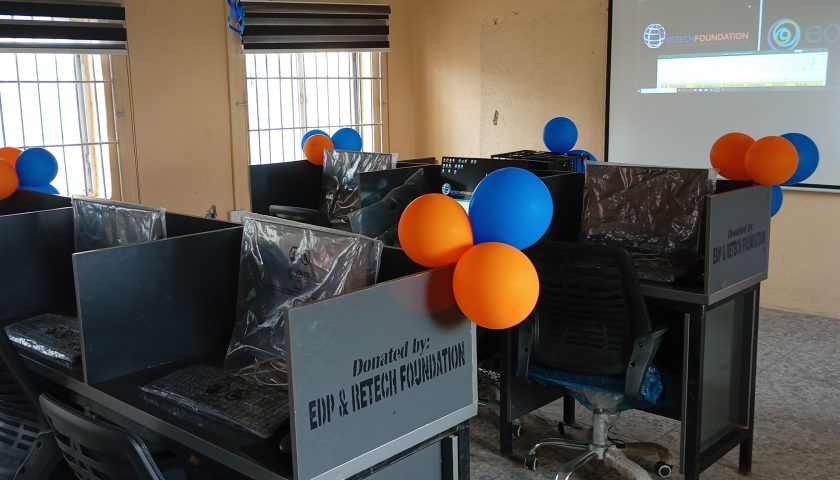Singapore is the first market in Southeast Asia to offer Google’s mesh networking device
Internet giant Google on Wednesday (Aug 30) announced it will be offering its mesh networking device Google Wifi in Singapore, as part of an exclusive partnership with telco StarHub.
Instead of a single router, mesh networking systems have multiple Wi-Fi hubs that act as routers to ensure seamless coverage across various rooms. They are said to be more effective than range extenders and users can add as many routers they want to eradicate zones with patchy connectivity.
From Aug 31, customers in Singapore will be able to buy a three-pack Google Wifi bundle at S$15 per month for 24 months when signing up for or renewing selected StarHub broadband or bundled plans, Google said.
In a separate press release, StarHub said the three-pack networking device will be offered at no upfront cost for the following plans: The standalone 1Gbps fibre broadband service, as well as multi-service SurfHub, HomeHub 1000 and HomeHub Go 1Gbps bundles.
StarHub chief marketing officer Howie Lau said in a briefing before the launch that every additional Google Wifi router on top of the three offered will be available at S$199 per piece.
The launch of Google Wifi here means the device has been introduced in eight markets, with Singapore being the first in Southeast Asia to have it. The other Asia Pacific markets that already have access to the device are Australia and New Zealand, said Mr Martin Geh, managing director of Asia Pacific Hardware Partnerships at Google.
Asked if consumers with existing broadband plans with other providers will be able to buy and use the router, Mr Geh said he “strongly encourages” them to get it from StarHub and to discuss how this can be done.
He declined to reveal how long the exclusive partnership with StarHub will last.
Another executive, product manager for Google Wifi, Alex King, said those thinking of buying the hardware from other markets like the US and using it here should think again. “Even if it works, it won’t be advisable,” he said.
SECURITY, EASE OF USE KEY FEATURES
Mr King added that one of the key differentiating factors to traditional routers here is that these devices do not automatically upgrade their software, including the installation of security patches. Consumers will have to manually upgrade their devices, he said.
Other mesh networking routers in the market include Asus Lyra, Linksys Velop and AirTies which are offered by telcos M1 and Singtel.
For Google Wifi, Mr King said the team’s default cycle is to push an update to the software every six weeks. This is subject to market developments, particularly if there are security breaches that require them to issue an out-of-cycle patch as soon as possible, he said.
Linksys later clarified via an email that its routers come equipped with automatic software updates by default. “The updates include software patches, bug fixes, feature add-ons, security patches, etc,” a company spokesperson said. “As a pioneer in home routers, Linksys continuously upgrades its firmware to ensure optimal performance and security.”
AirTies, too, said its Wi-Fi Mesh products do support automatic upgrades for new features and security updates. “Beyond automatic software upgrades, AirTies’ Wi-Fi Mesh provides operators with insights into home network conditions to improve installation, customer support, and the ongoing customer experience,” a spokesperson clarified.
The Google Wifi also allows users to prioritise bandwidth according to users, and to schedule downtime for Wi-Fi at home for, say, dinner time or when the children needs to study or during bedtime. These can all be done via the Google Wifi app available on the Google Play Store and Apple’s App Store, he added.
Source: CNA/kk





